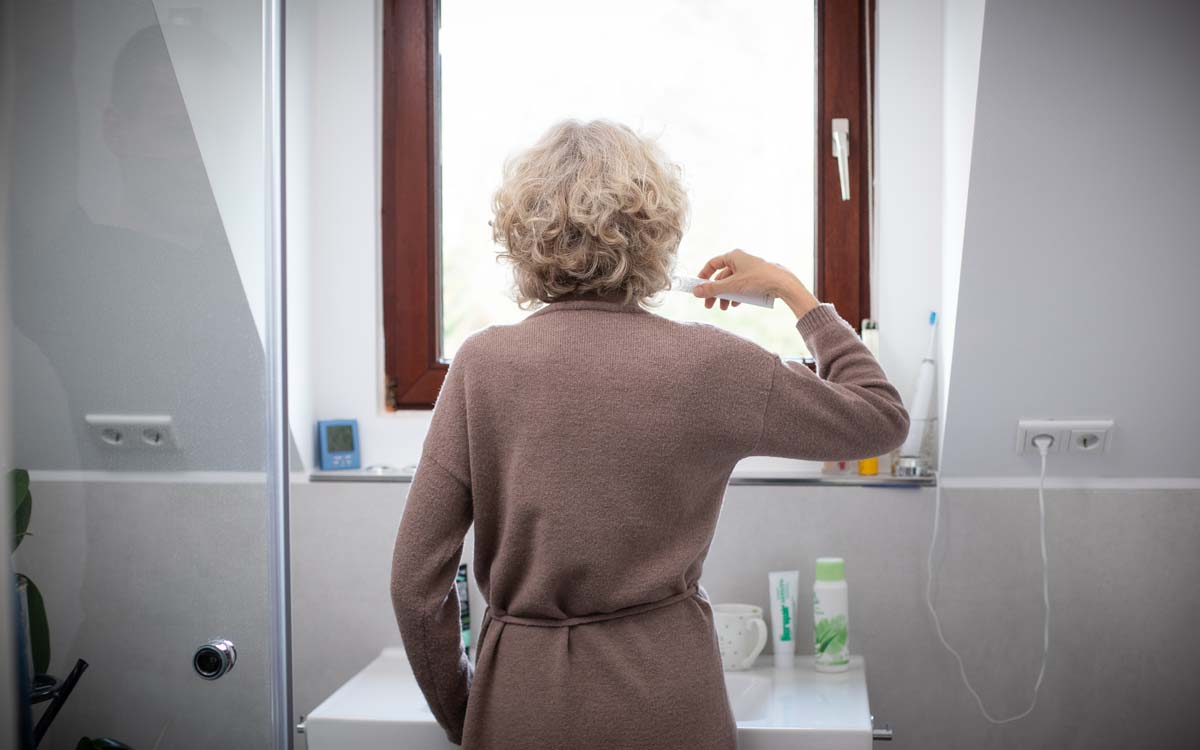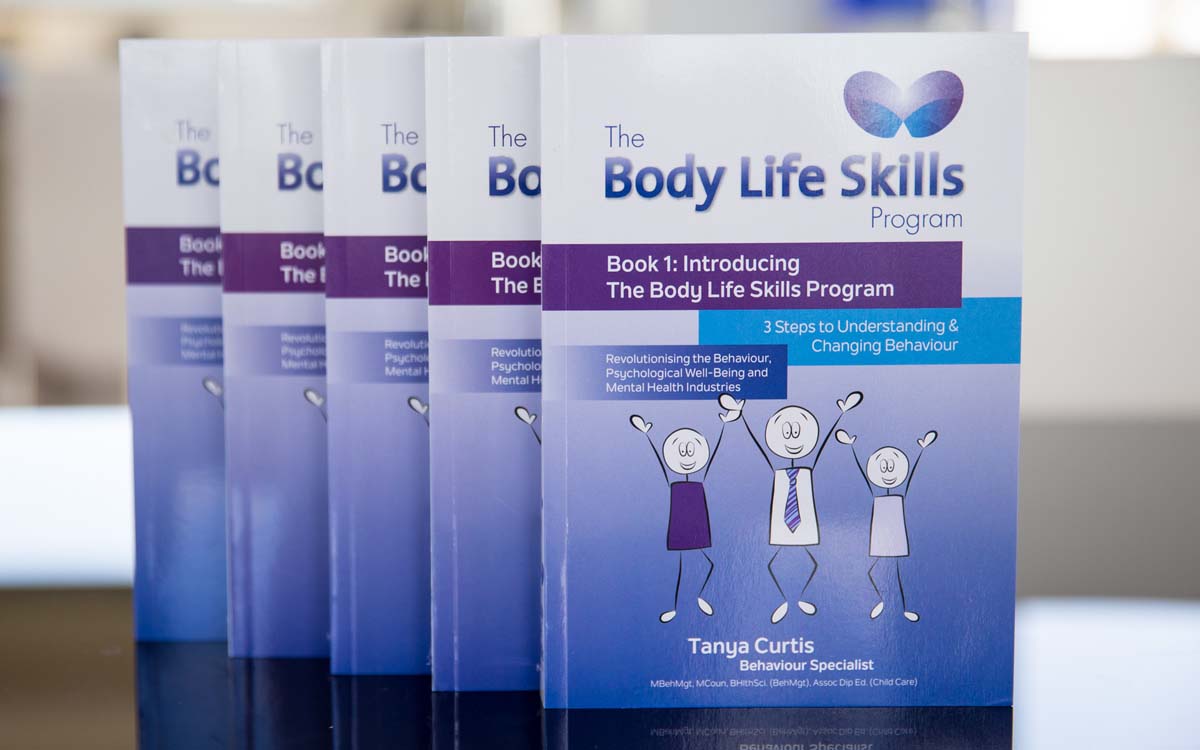Mental Health Week runs during 4-10 October. To mark this event, we will share how you can support yourself or a loved one experiencing a mental health issue and fully utilise the help that is available.
If you or a loved one experiences mental health issues, you are not alone. In fact, about 1 in 5 adults in Australia will experience mental health issues each year.
That equates to 3.2 million people experiencing diagnosed mental health difficulties each year. Furthermore, 1 in 4 young Australians (age 16-24) have a current diagnosed mental health condition*.
Depression and anxiety are the most common mental disorders in Australia**, however many other mental health-related conditions exist, including:
- schizophrenia
- bipolar disorder
- autism spectrum disorder
- attention deficit hyperactivity disorder
- personality disorders
- alcohol and drug abuse
- specific phobias
- eating disorders and issues with body image
- addictions such as pornography,
- technology, gambling
- emotions, thoughts and feelings about ourselves, others and the world
- sleep
- energy levels
- stress levels
- relationships with family, friends, co-workers
- communication skills
- play and social skills
- ability to focus and concentrate
- engagement in work, education, and other responsibilities such as household tasks and managing finances
- self-care (e.g. how and what we eat, how and how much we exercise)
At Fabic our mental health accredited Occupational Therapist and Psychologists utilise a three-step process developed by Fabic founder and director Tanya Curtis called Body Life Skills to support people who experience mental health difficulties.
Body Life Skills
To support her clients to understand and change their unwanted behaviours, Tanya Curtis developed the Fabic ‘Behaviour Scale’ (it can also be referred to as an ‘Anxiety scale’, an ‘Anger scale’ or a ‘Depression scale’). This scale is based on the understanding that every person in the world is living with varying levels of anxiety in every moment of the day, and that our levels of anxiety are directly linked to the behaviours that we use in life.
The Fabic Behaviour Scale:
On the Behaviour Scale we know that we are at code blue when we are feeling calm, content and at ease with ourselves and the world around us; our anxiety levels are low and it is likely that we are feeling well-equipped to deal with the situations that we are being presented with in life. As we start to be presented with situations in life that we do not feel we are fully equipped to handle, our anxiety starts to rise. If we don’t recognise this escalation, and do not have the developed skills to come back down to blue again, we will move up the scale getting more and more anxious and more and more unsettled. Moving up the scale we go from green to yellow, orange and we ultimately end up at red. It is at red that we have ‘meltdowns’. These meltdowns will look different from person to person, and may look like anger outbursts, violence, drug and alcohol abuse, severe depression, suicidal tendencies, self-harm, under-eating, overeating, withdrawing from others, giving up on life etc. But these are all the end result of not having the support and skills to deal with the issues that first arose back when they were at code green, yellow and orange.
Through connecting with each person our Occupational Therapist and Psychologists focus on identifying the areas of life in which someone may require support and supporting them in skill development in these areas.
Below is a brief example of how the Body, Life, Skills program is implemented with both Psychology and Occupational Therapy to support clients with mental health concerns.
Step 1: Body
How do I know when I am higher than Blue?
At Fabic we assist clients to connect with their bodies to gain awareness of their behaviours, thoughts and emotions. Developing a relationship with our body is an invaluable tool that allows our body to communicate with us about parts of life that are contributing to stress and anxiety and about areas in which we could benefit from receiving support.
Step 2: Life
What part of life is pushing me higher than Blue?
All of us have parts of life that increase our levels of stress and anxiety. By identifying these parts of life, we can work on learning the skills we need to overcome these challenges. At Fabic we work with their clients to identify what these parts of life are and to support them to develop the skills they need to self-master these.
Parts of life that might be pushing someone higher than Blue could be: sensitivity to sound, old hurts that have been triggered, making mistakes, difficulties with school or work, lack of motivation or energy, specific anxiety provoking situations, relationships, etc.
Step 3: Skills
What skills do I need so that this part of life no longer pushes me higher than Blue?
The role of Psychology and Occupational Therapy is primarily to assist people to learn the skills they need to master different aspects of their life. Once the parts of life that require support have been identified, we work on skill building in a number of ways.
Fabic can offer support with: behavioural strategies, communication and social skills, improving sleep quality, relaxation skills, parenting strategies, etc.; however each discipline has its own unique flavour and focus.
For example, a Psychologist may focus on supporting a client with:
coping with difficult emotions; letting go of past hurts; self-worth and reconnecting with an appreciation of themselves; anxiety management; improving their communication skills; connecting with their life purpose; understanding their thoughts and feelings and learning not to identify with these; and making other supportive behavioural changes. Psychologists use a number of tools and techniques to assist a person in dealing with the parts of life that push them higher than Blue. These include cognitive-behavioural therapy, interpersonal therapy, family therapy, acceptance and commitment therapy and other mindfulness-based therapies. At Fabic we use a combination of these methods, in addition to the Fabic methodology, to assist clients to connect with themselves, learn the skills they need to self-master these aspects of life, and move towards living each day with joy.
The focus of Occupational Therapy is to support people to participate in their activities of every day life to the best of their ability thus supporting their quality of living. Occupational Therapy can support people with:
daily routines, transitioning from one activity to another, school readiness, exploring vocational options, classroom-based strategies, community access, equipment/aids prescription, energy levels, budgeting, fatigue management, physical skills required for all daily tasks such as dressing, handwriting, showering etc. Fabic’s mental health accredited Occupational Therapists have expertise to also apply psychological strategies such as cognitive behavioural therapy, interpersonal therapy, supportive counselling to support people with mental illness/disorder or with emotions like sadness, grief, irritability, anger or stress. Fabic’s Occupational Therapists have also supported many clients to connect to their bodies and thus a greater sense of inner confidence and clarity, through body awareness and breathing techniques. This supports the development of a living quality that can be applied to everyday tasks and activities.
If you or a loved one is in need of support, you can speak to your GP about accessing Occupational Therapy or Psychological support via the following funding options:
- NDIS
- Access to Allied Psychological Services (ATAPS)
- Better Access Mental Health Care Plan
- Helping Children with Autism Early
- Intervention Service
- Better Start for Children with Disability
- Helping Children with Autism Package (Medicare)
- Chronic Disease Management Plan
- Department of Veteran Affairs (DVA)
WorkCover Queensland
You may also have access to these services through your private health insurance.
* Beyond Blue
** Mental Health Council of Australia







